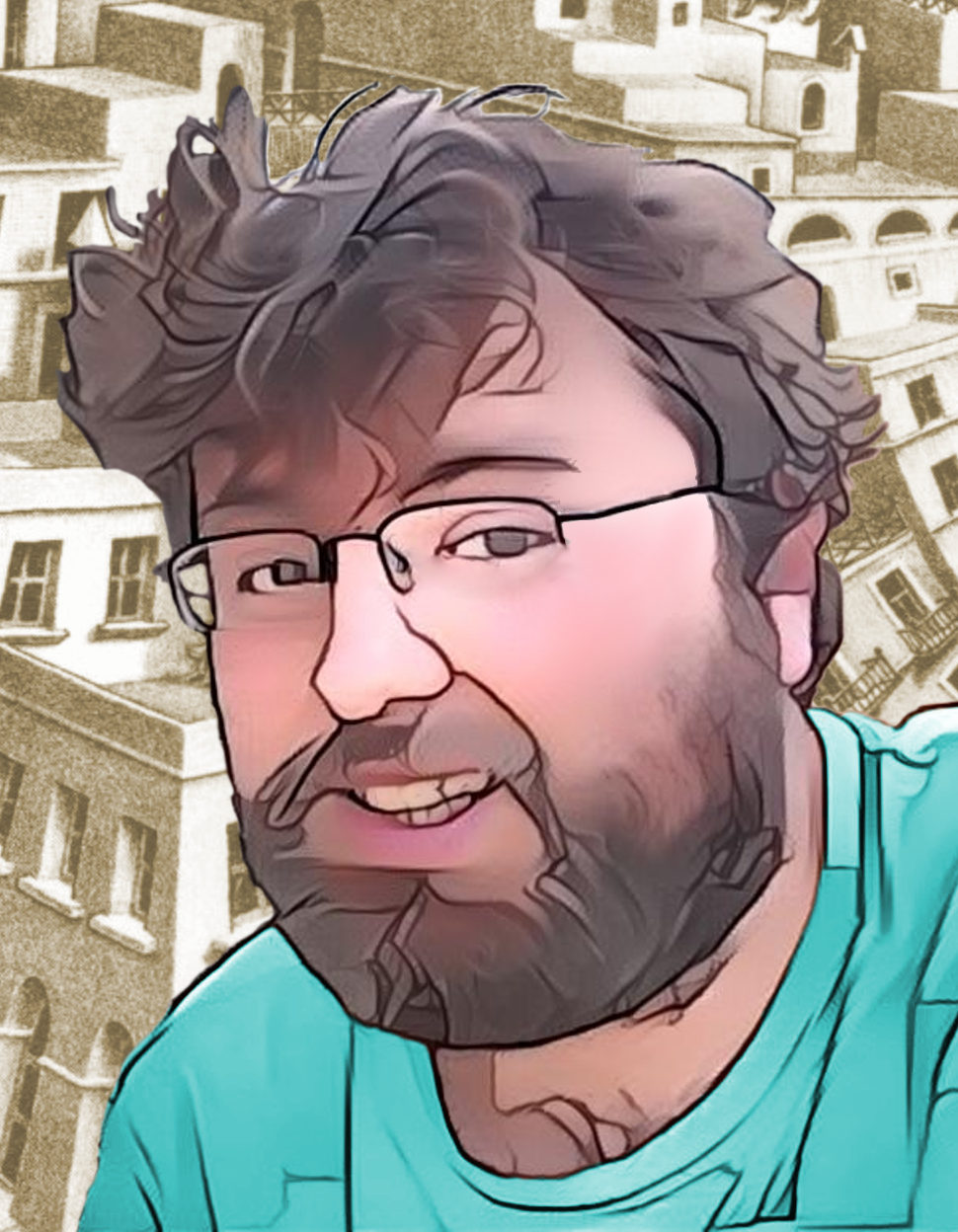About me
I'm Markus Dobler, a 34-year-old computer scientist and electrical engineer living at the edge of Schönbuch, a nature park between Böblingen, Stuttgart and Tübingen. Currently, I'm working as a verification engineer for IBM.
In 2016, I defended my PhD at the Department of Computer Science, University of Tübingen, where I've been working under the supervision of Prof. Wolfgang Rosenstiel and Prof. Martin Bogdan.
My research focused on adaptive experiment planning for electrical systems, with a focus on automotive applications (learn more).
Before that, I received a degree as engineer in micro-electro-mechanical systems ('Diplom-Ingenieur der Mikrosystemtechnik', comparable to MSc) at the University of Freiburg.
Education, Work Experience
- 1990 - 1994
- Grundschule Altshausen
- 1994 - 2000
- Progymnasium Altshausen
- 2000 - 2003
- Technisches Gymnasium Ravensburg: 'Abitur' (comparable to A levels) with grade 1.0 and four awards.
- 2003 - 2004
- Martinusschule Ravensburg: Civilian service.
- 2004 - 2009
- University of Freiburg, Department of Microsystems Engineering: 'Diplom-Ingenieur der Mikrosystemtechnik' (approx. MSc in MEMS), with grade 1.0.
- 2007 - 2009
- Scholarship by Robert Bosch GmbH, doted with 300 Euro/month.
- 2008, 2008 - 2009
- Bosch Sensortec: Work student and internship.
- 2010 - 2015
- University of Tübingen, Department of Computer Engineering: Research assistant and PhD student. Defended in 2016 with grade 1.0.
- since 2015
- IBM Research & Development GmbH: Verification Engineer.
Languages
I'm a native German speaker (with a noticable Swabian influence), and I also regularly communicate in English. Additionally, I've learned French (4y) and Spanish (3y) in school and was able to carry conversations with native speakers in both languages, but I've had little opportunity to refresh these languages since then. Furthermore, I know dozens of programming/markup/declaration languages, currently developing professionally in C++ (main verification tools), PHP (legacy web backend), Javascript (web frontend, upcoming web backend) and Python (prototyping, data wrangling, machine learning). For most personal projects, I default to Python.
Skills
By education, I have a strong background in electrical engineering and computer science.
In my PhD work, I improved work flows for the characterizsation and validation tests of electrical systems. To gain as much information as possible from a set of test runs, I combined machine learning techniques to adaptively control which parameter values to use for each test. In addition, I developed data visualization techniques that help to gain insight in how a multitude of interacting parameters influences the system under test.
At IBM, I programmatically verify that structures in the VHDL logic for high-end CPUs adhere to certain design rules and patterns. While most details of my day-job's work are confidential, I can at least boast the public badges I earned for softer skills.
I've also gained practical experience to varying degrees in web development (both frontend and backend), devops and automation, electronics, embedded systems, number crunching, woodworking, internet of things, print and screen layout, 3d jewelry printing, ...
See my (slowly growing) list of documented projects for some details.
Misc
In my youth, I was an active member of the German Life Safing Foundation (DLRG): I received theoretical and practical training (and certificates) as swimmer, life guard and paramedic. Further, I volunteered as life guard at local lakes, as PR responsible and secretary in the youth committee of the local group, and as instructor for advanced swimming courses for children. While I still help out as supervisor and camp magazine designer at our annual tent camp, I had to quit the other responsibilities when I moved away to study.
I've updated, expanded and verified my knowledge in CS and EE in the first wave of massive open online courses on Coursera, Udacity, MITx and BerkeleyX: Machine Learning, Design of Computer Programs, Digital Signal Processing, The Hardware/Software Interface, Circuits and Electronics, Functional Programming Principles in Scala, Principles of Reactive Programming, Case-Based Introduction to Biostatistics, Intro to Statistics, Descriptive Statistics, Cryptography I, Automata, Competitive Strategy, Intro to Physics.
